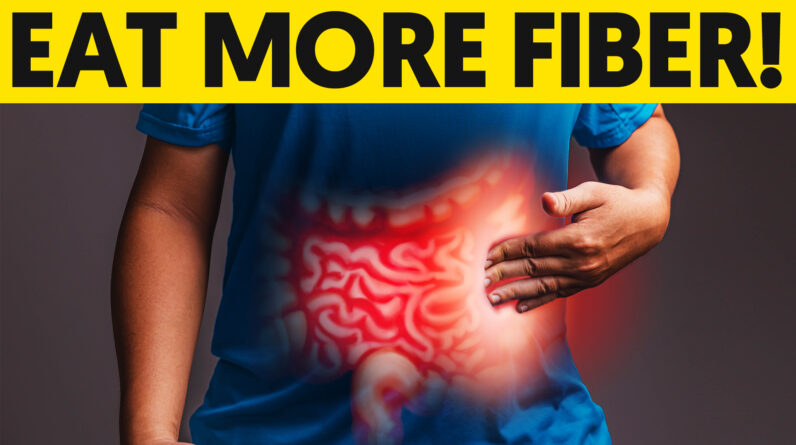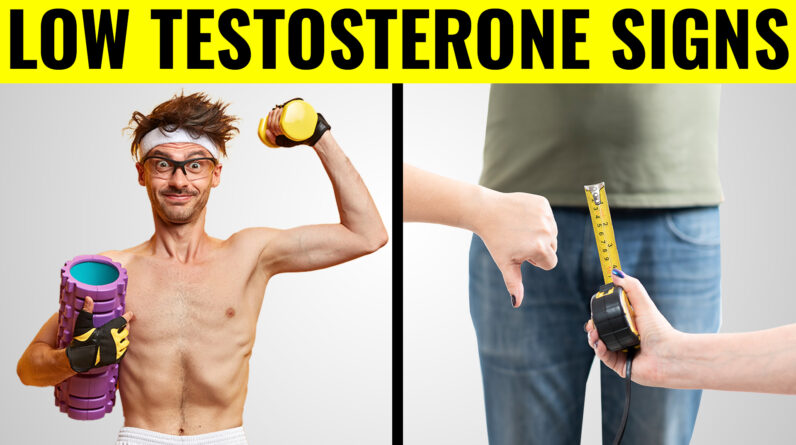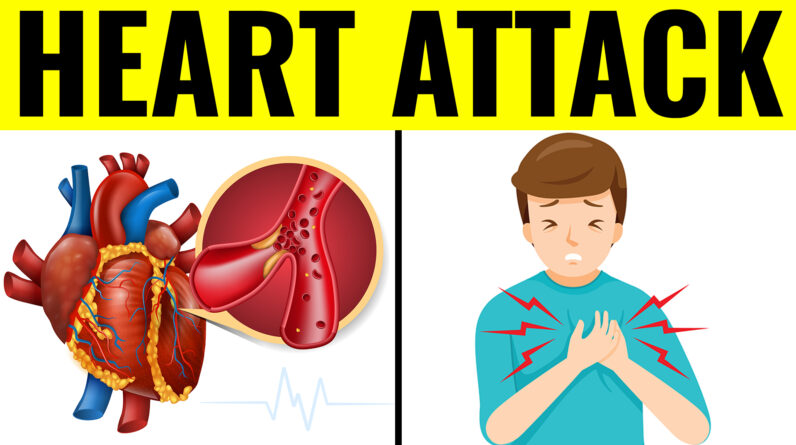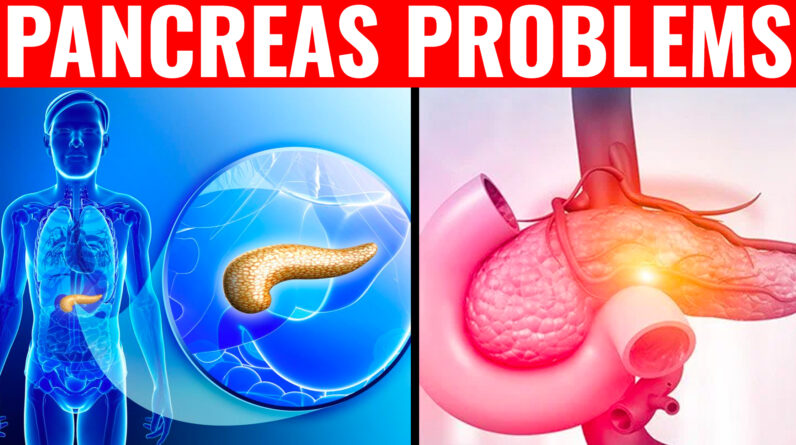
Two guesses: One: you have been told a number of times that you need to eat more fiber. Two: you have an idea that fiber can help to prevent or relieve constipation and you have probably tried it.
Now, of course it is true that you need to eat more fiber and that fiber helps to prevent and relieve constipation, but there is a lot more that fiber can do for you. And that’s what we’re going to be getting into in this article.
But let’s start with what we all know; bowel movement. So yea, fiber does make it easier for you to pass stool and how this works is quite cool. The kind of fiber that helps with bowel movement is the insoluble kind and it basically binds to your stool, making it bulkier but softer. Bulky stool, that is soft of course, is actually easier to pass than loose stool; who knew? You probably did.
Anyway, you have to start eating more fiber so that you can go more frequently and feel relieved more often. And whenever you feel constipated, eating vegetables and fruits, which are rich sources of fiber, would help encourage the stool to come right out.
What’s more, eating fiber is essential to having a healthy bowel. You could lower your risks of developing hemorrhoids and small pouches in your colon just by increasing the amount of fiber in your diet. In fact, and this might blow your mind, eating a healthy amount of dietary fiber might help to prevent colorectal cancer. Yup, you heard right.
Now, moving past the bowels, eating fiber could help with weight loss. Here’s how it happens: fiber is very filling which means that you could eat just a little and feel full for a long time. So, adding more fiber to your diet would automatically lead to you eating less and invariably losing weight.
But the goodness of fiber isn’t just in its ability to make you feel full for longer, it also slows down the rate at which your body absorbs the calories in the food you eat. And on top of that, it is not very energy dense, which means that you’ll be consuming less calories with fiber than with another kind of food of the same volume. Now, if you know anything about weight loss, you know that cutting down your calorie intake is, like, the cornerstone. Eating more fiber could do that for you.
However, even if you are currently in great shape, you still need to eat your fiber and for the same reason as someone who is trying to lose weight. Adding fiber to your diet allows you to eat only as much as your body needs, making it almost impossible for your body to put on unnecessary pounds.
Moving on from fiber’s effects on your weight, eating more fiber could also help to control your blood sugar levels. Fiber, specifically the soluble kind, helps to slow down the body’s absorption of sugar, thereby improving blood sugar levels.
For people with diabetes, you probably already know about this. But even if you don’t have diabetes, adding more soluble fiber to your diet is still a good idea as it could help prevent you from developing type 2 diabetes. Foods like oats, beans, citrus fruits, and apples are great sources of soluble fiber, just in case you were wondering.
Eating fiber also helps to lower your cholesterol Levels by reducing the amount of ‘bad’ cholesterol in your blood. In fact, research has shown that fiber has other heart-related benefits, including lowering blood pressure and reducing inflammation.
This probably has something to do with fiber’s ability to absorb excess cholesterol in the bloodstream that could have, otherwise, blocked the arteries. Whatever the reason and the science behind it, fiber is great for the heart!
Excess cholesterol is not all that fiber soaks up, though. Soluble fiber also soaks up unhealthy fat and excess estrogen before they can even get absorbed by the body. This means that you have absolutely no need for all those juice cleanses that people are always aggressively marketing to you.
Also, while insoluble fat does not do much soaking up, its ability to keep things moving smoothly in your digestive tract means that harmful chemicals like mercury and BPA won’t be in there long enough to cause damage. Another reason why you don’t need those juice cleanses. Really, don’t waste your money on those things.
Eating fiber-rich meals could also help your body to grow more of the healthy gut bacteria. For the few people that are currently going “ewww bacteria!”; well, what can I say? Your body needs its bacteria, the good kind, though. And fiber is essential for the growth of said good bacteria because those good bacteria feed off of and thrive on fiber. When those bacteria are well fed, they produce short-chain acids that help to reduce inflammation, among a number of other health benefits.
Moving on from that, I already mentioned that eating fiber-rich foods might reduce your risks of developing colorectal cancer. But research has shown that eating fiber-rich foods might actually help reduce one’s risks of developing other kinds of cancer including breast cancer.
Also, foods that are rich in fiber, like fruits and vegetables, are typically also rich in antioxidants and phytochemicals, both of which could also reduce your risks of developing certain kinds of cancer.
Fiber has also been linked to the maintenance of bone density, but that connection is kinda long. So, it is common knowledge that calcium is the primary nutrient necessary for bone growth and maintaining bone density, and of course, fiber is not the same as calcium. However, some kinds of fiber, referred to as prebiotics and found in foods like wheat, leaks, and oats, significantly increases the bioavailability of calcium in the other foods you eat.
And finally, eating more fiber just improves your overall quality of life, helping you to live healthier and longer. Like, actual research has shown that eating a fiber-rich diet puts you at a lower risk of death from any cause. Cereal fiber has been found to be more effective in this regard, and from all the benefits that have been mentioned in this article as associated with eating fiber, it is not difficult to see how adding more fiber to your diet can help improve your quality of life and prolong your life in general.
So, how are you thinking of incorporating more fiber in your diet? More fruits and veggies is a great place to start. But you could also add some oats, wheat, potatoes, and beans.







